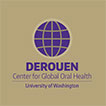Do the best you can in space you occupy

There is still a great deal to be done to improve health globally. Some challenges have relatively straightforward solutions on paper, while others require deeper thought and sustained effort. Read more about Kristina Wanyonyi-Kay »
Local Clinics to Global Health: Bridging Oral Care & Public Health
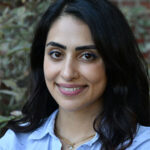
“Every smile tells a story of health.” This belief has guided my journey from clinical dentistry in Iran to public health research in the United States. My name is Nafiseh Najmafshar, and I am a dentist currently pursuing a Master of Public Health while conducting research at the University of Washington School of Dentistry. Read more about Nafiseh Najmafshar »
A 30-year Journey in Global Health Research
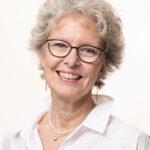
As a clinician-scientist with expertise in oral medicine and epidemiology, my research experience focuses on the oral complications of various forms of immune dysfunction. Although I was born in Denmark (from a Danish mom and a French dad) my journey as a dentist started in France where I spent my formative years and young adulthood, attending dental school at the Université René Descartes Paris V. Read more about Dr. Caroline Shiboski »
Dr. Christy McKinney’s Oral Health Journey
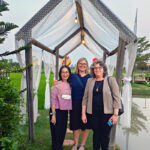
I am an epidemiologist and clinical and population health researcher and innovator. My principal areas of research are at the intersection of oral health (dental and craniofacial), nutrition and growth, and environmental exposures. Read more about Dr. Christy McKinney »
Dr. Maritess Oliveros-Villarico Talks about her Journey in Oral Health Research
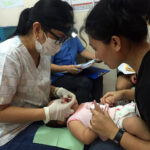
Mabuhay from Manila! When I decided to pursue a PhD in Oral Sciences at the Khon Kaen University (KKU) in Thailand, this led me to understand and appreciate research in a different light. Read more about Dr. Maritess Oliveros-Villarico »
Visiting Timothy A. DeRouen Center Changed My Perspective on Global Health Research
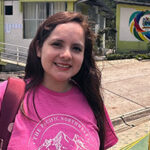
Greetings from Peru. My name is Natalia Valverde Espinoza, and I am a midwife with a master’s degree in Teaching and Research in Health. Read more about Natalia Valverde »
From Dental Chair to Global Care: Experience the unparalleled joy of giving back
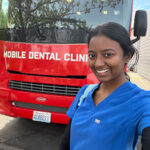
My name is Divya Kannappan and I’m a recent graduate from the University of Washington School of Dentistry. Welcome to my journey, where passion for dentistry meets a commitment to global health. Read more about Divya Kannappan »
From Dental Dreams to Global Health: My Journey & Research in Kenya
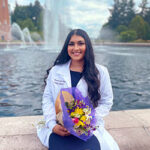
Greetings from Seattle! My name is Harnoor Mahal and I am a fourth-year dental student at the University of Washington School of Dentistry. Read more about Harnoor Mahal »
Transitioning from examining issues in oral health to embracing a perspective of empathy
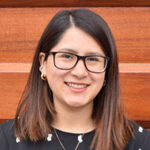
Greetings from Peru. My name is María Claudia Garcés-Elías, a graduate in dentistry from the San Luis Gonzaga de Ica National University. Read more about María Claudia Garcés-Elías »
A molecular microbiologist in oral health research
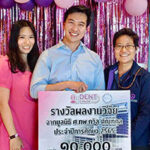
Greetings from Bangkok, Thailand! My name is Oranart Matangkasombut, and Noon is my nickname. I am currently an Associate Professor in Microbiology, chairperson of the Center of Excellence on Oral Microbiology and Immunology at the Faculty of Dentistry, Chulalongkorn University, and Fellow of the Royal College of Dental Surgeons of Thailand in Dental Public Health. Read more about Oranart Matangkasombut »
